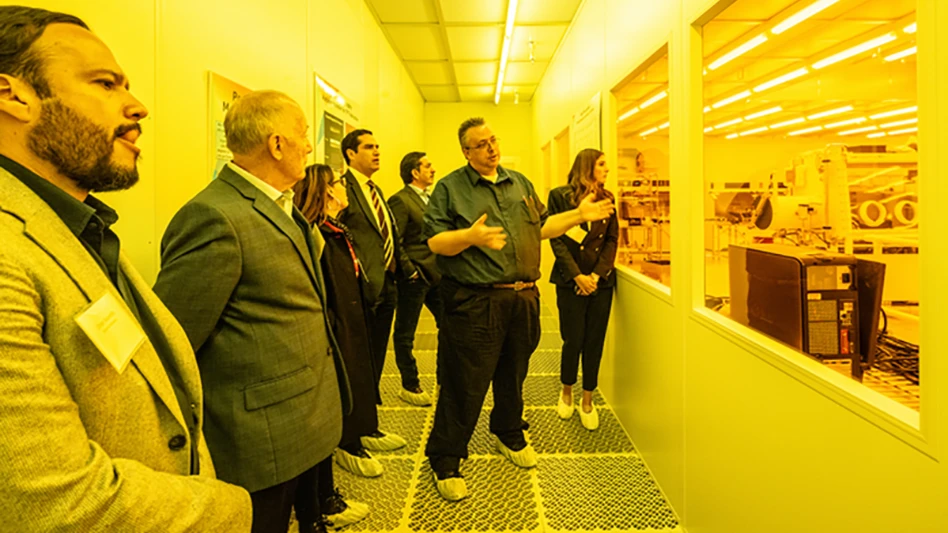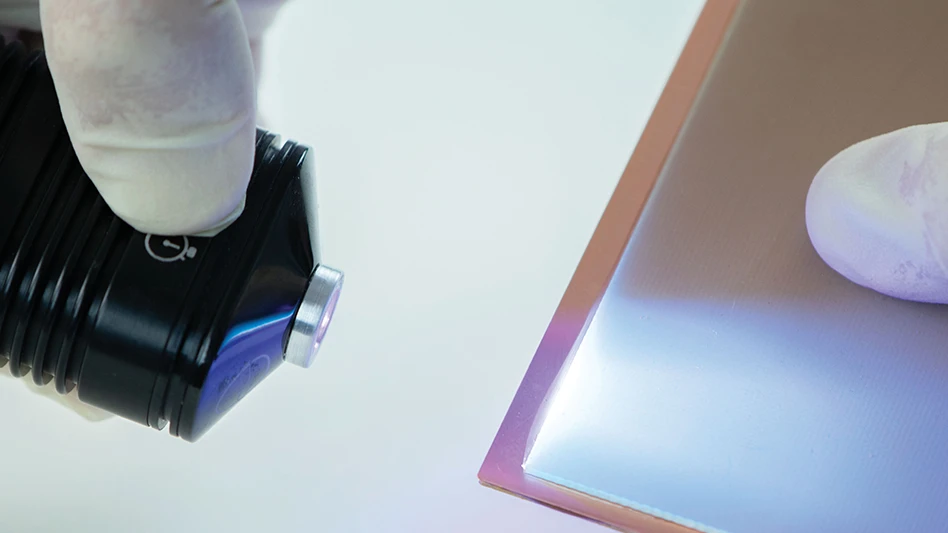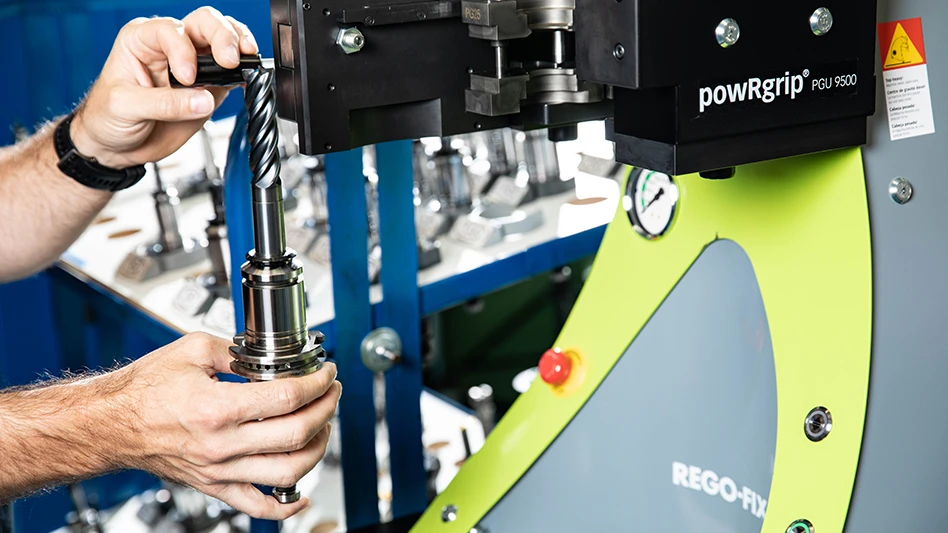
Charlie Leight/ASU
Arizona State University will be working with higher education institutions in Mexico, along with microelectronics industry partners, to boost the production of semiconductors in North America and address a crucial national security issue.
Recently, ASU President Michael Crow signed a memorandum of understanding (MOU) with Esteban Moctezuma Barragán, the Mexican ambassador to the U.S., to seal the partnership.
Earlier this year, President Biden signed the bipartisan CHIPS and Science Act, which will distribute $52 billion to accelerate U.S. semiconductor manufacturing. Because it is not feasible for all semiconductor manufacturing to move into the U.S., the act includes $500 million for international cooperation.
The ASU agreement will pave the way for an alliance of universities in the U.S. and Mexico, plus microelectronics manufacturers, to focus on training workers and building production capacity in border states. That shift in intended to reduce U.S. reliance on Asian manufacturing.
Mexico is perfectly situated to partner with the U.S. on the initiative, which is crucial to the interests of all of North America, Moctezuma said during a talk at ASU on November 21.
“Semiconductors are the most essential input for a wide range of products — electronics, smartphones, computers, automobiles, the aerospace industry, information technologies, telecommunications infrastructure, medical devices, electromobility and household appliances,” he said, noting that the manufacturing process requires specialized technology and materials.
“Semiconductors make up 40% of the total cost of a new car today.”
He also noted the rise of manufacturing in Asia, where 75% of all semiconductors are now produced.
“In 1990, the U.S. produced almost 40% of worldwide semiconductors, and now only 12%,” he said, while the U.S. and China account for 50% of the global demand for the product.
“Today, the industries and national securities of the United States depend on the supply of semiconductors produced in China, Japan, Taiwan, and Korea. If this supply chain is broken, there will be a global economic crisis, as we experienced during the pandemic when China closed almost all economic activities.
“The industry faces a risk of shortage of semiconductors and human talent that could limit the pace of innovation in the coming years.”
Moctezuma said that Mexico is a key partner because it offers economic, social, and political stability, fiscal incentives, low taxes, access to international airports and proximity to customers and supplies, plus qualified engineers and an available workforce.
“Remember that almost 40% of U.S. semiconductor plants are in border sites,” he said, noting that Intel and Texas Instruments already maintain facilities in Mexico.
“We need to continue working in this effort of bringing production back to North America. It is not just a matter of trade but of technology, education, competitiveness, innovation, workforce development, regional security and geopolitics,” he said.
“Let us own the reality that our geographic proximity means sharing challenges and sharing solutions, but most important, sharing our common future.”
A team accompanying the ambassador from Mexico included university and state government officials. They visited the ASU MacroTechnology Works facility in Tempe, a lab and fabrication space that is open to university researchers and community partners, as well as the Intel Corp. campus in Chandler. They also heard from Kyle Squires, dean of the Ira A. Fulton Schools of Engineering at ASU, and semiconductor industry representatives.
Sally Morton, executive vice president of Knowledge Enterprise at ASU, said that the agreement with Mexico is a natural outgrowth of ASU’s community focus.
“This is exactly the type of difficult but critical challenge our university charter calls upon us to address, and we’re excited to tackle it with you,” she said.
Latest from Today's Medical Developments
- Copper nanoparticles could reduce infection risk of implanted medical device
- Renishaw's TEMPUS technology, RenAM 500 metal AM system
- #52 - Manufacturing Matters - Fall 2024 Aerospace Industry Outlook with Richard Aboulafia
- Tariffs threaten small business growth, increase costs across industries
- Feed your brain on your lunch break at our upcoming Lunch + Learn!
- Robotics action plan for Europe
- Maximize your First Article Inspection efficiency and accuracy
- UPM Additive rebrands to UPM Advanced





